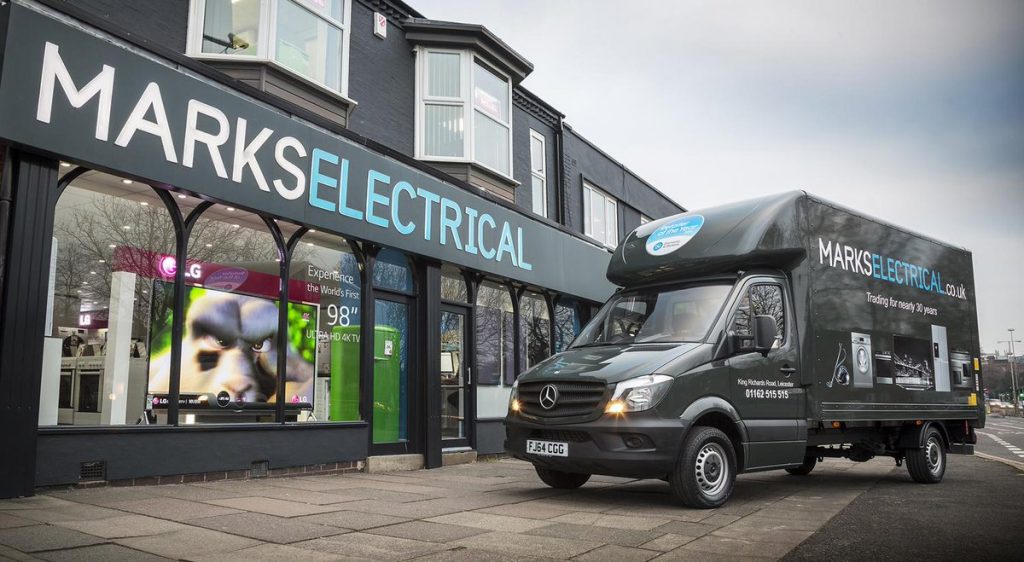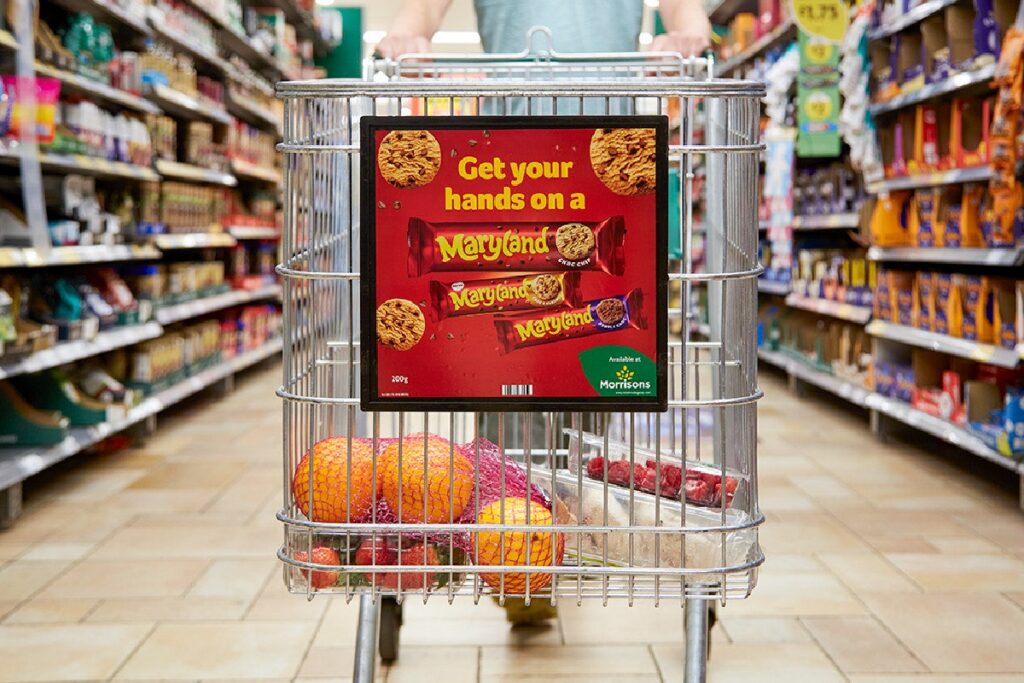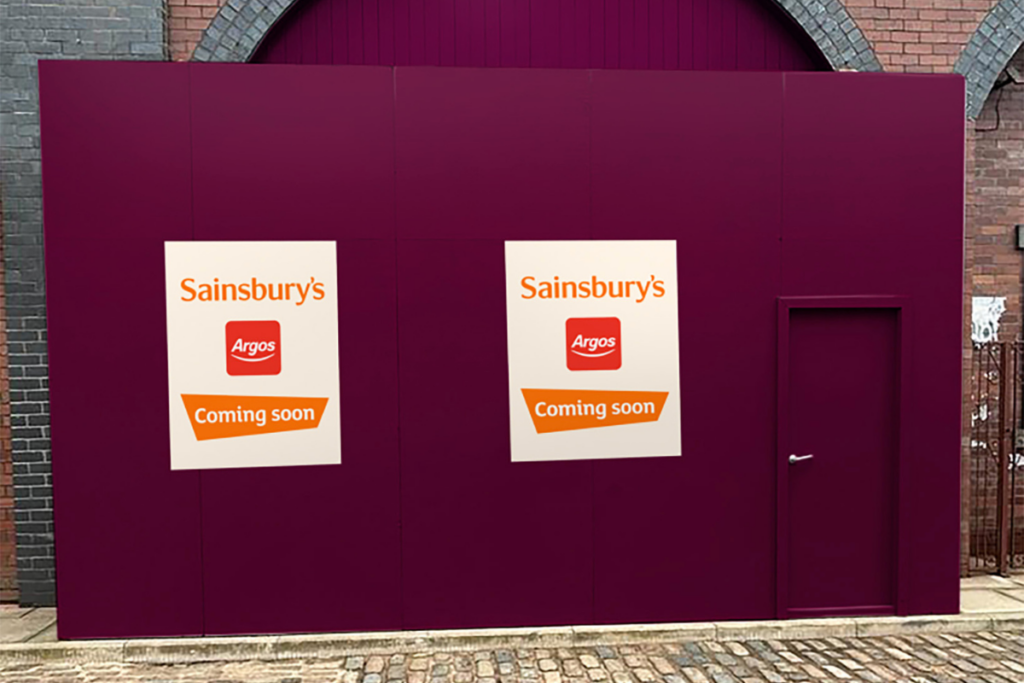It‘s that time of year again. With Christmas a little over a month away, festive shopping is properly getting under way – and it looks as though sales might be stronger than last year.
As customers fight their way through crowds and scour shelves for the perfect gift, time is of the essence and even the most patient of them is liable to snap at some point. So how can retailers get in their customers‘ good books and reduce waiting times for them in the run up to Christmas?
On the Move
One way companies are achieving this is to equip their staff with a Mobile Point-of-Sale (MPOS). One of its major benefits is that staff can use it on a mobile device, like a mobile or tablet. Not only is it cheaper than a traditional sales register but it means staff are no longer tied to a single and anchored Point-of-Sale (POS). This means that customer service can be more personal and faster, with staff able to sell products and check nationwide inventory from anywhere on the shop floor. If retailers already have this in place, then it is important to make the most of it over the festive season. If not, they must start to make the change now to be fully equipped for next year! After all, the benefits of MPOS are not just for Christmas, they are for life.
Is Mobile POS much less expensive than traditional POS? According to Urban Outfitters‘s CIO Calvin Hollinger, his company is able to deploy a shop-ready iPod Touch as a MPOS at only a tenth of the cost of a traditional register – $500 (£315) compared to $5000 for an ordinary system. Doing the same thing on an iPad would be a little more expensive, but still only one fifth of the price, at $1000.
Pop-up Stores
Temporary pop-up stores are a great idea for retailers during major holidays and sales. Just open a customised store for the short-term in a vacant retail space on a bustling high street and wait for the customers to flock in, creating excitement around the brand and its products. Of course, this is not necessarily an easy thing to do – it means a lot of planning and potentially a lot of resources for what is only a temporary location.
This is where the benefits of a flexible MPOS really pay off. Not only is it less expensive to buy and deploy the relevant hardware and software, but it‘s much more mobile, meaning it‘s easier to pick up and drop off in temporary locations. Both of these points mean less overhead, which makes setting up a popup store less risky.
Single Inventory
Being able to access inventory from a single, centralised point is particularly important. How many times do consumers enter stores with a present in mind for someone special, only to find that it‘s out of stock? This should be less of an issue now: access to a national inventory means shop assistants can find whether these products are available online or at a nearby store. This can mean far less waiting time and uncertainty for customers trying to find the right item in store, reducing the chance that they might get bored or frustrated and go to a competitor instead, as well as improving opportunities for upselling.
The fact that staff are able to access this inventory, and do so on the move on the shop floor, means a quicker shopping experience for the customer and less waiting in queues as sales can be dealt with immediately. In turn, that means that retailers can get more people through the doors and converting into sales.
Happier customers and better sales? It‘s almost too good to be true.

















